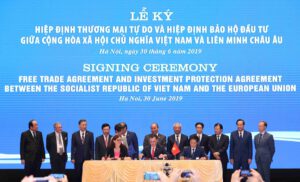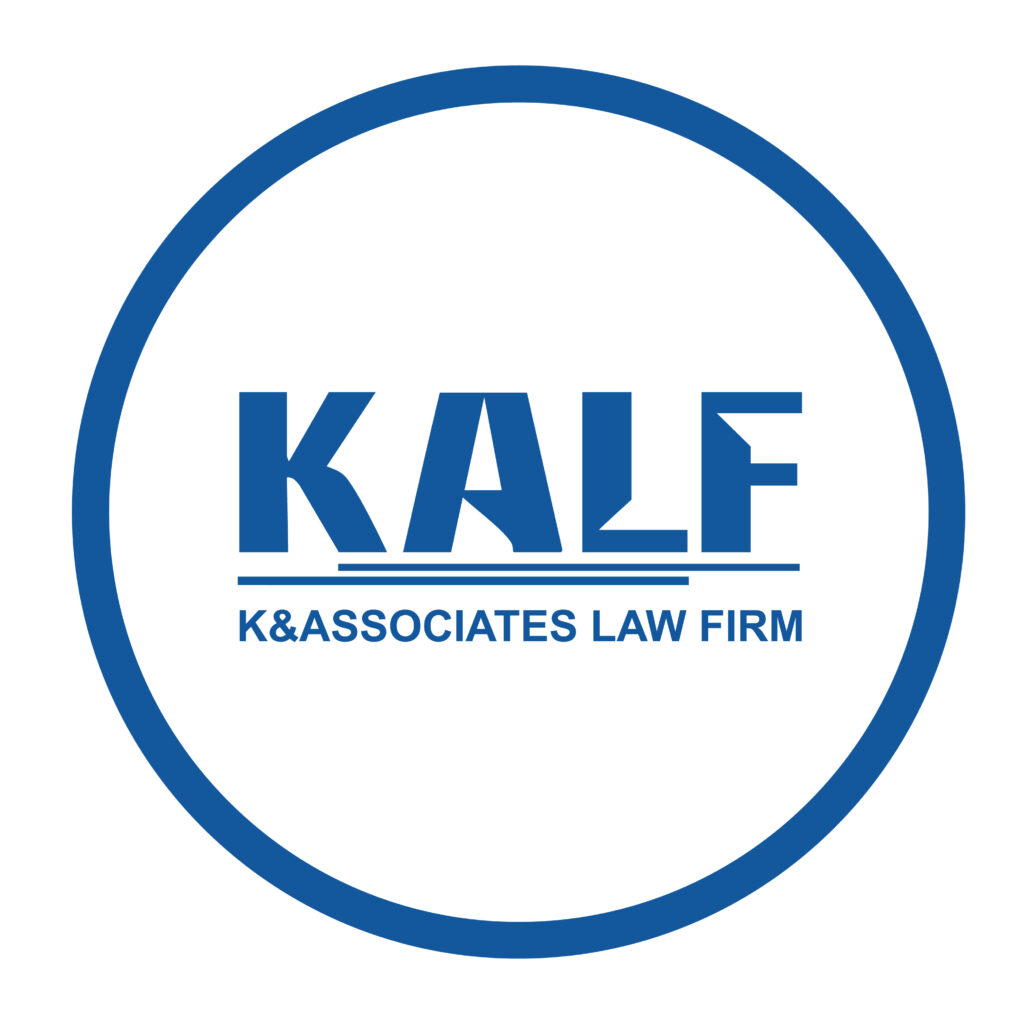Attracting foreign direct investment to Vietnam has become one of the important goals of the Government in recent years. This is evident through the implementation of many support policies as well as improving the investment environment, thereby attracting foreign investors to Vietnam.
Strategic location
Vietnam has a favorable geographical position for trade with the world, both as a connecting center of the region and a gateway to penetrate economies in the western region of the Indochina Peninsula.
.

Image: Internet
Vietnam has a beautiful sea route of 3,444 km, which is an ideal condition to develop the maritime, trade and tourism industries in particular and rise to become the shipping center of the world in general. With many large seaports, the East and South are bordered by the sea, which is a favorable condition for the development of cargo transportation by sea to markets in the vicinity and the world.
Besides, Vietnam has a lot of important resources such as oil, gas, iron ore, coal, timber, fisheries and agricultural products. In particular, Vietnam is one of the countries producing and exporting many agricultural products such as coffee, rubber, rice, pepper, cashew and coconut, occupying a high position in the international market.
Human resources
With the growing population, so does the workforce. Currently, the young labor force is large, showing no signs of stopping along with the active investment in educational development, Vietnamese human resources have absorbed the best and latest knowledge and always caught up with modern science – technology – technology. Therefore, a relatively skilled and well-trained young workforce, high education and low labor costs are an important part of attracting foreign investors to invest in Vietnam.
.

Image: Internet
Support policies of the Government
The Vietnamese government currently offers many incentives to foreign investors to invest in some geographical areas or areas of special interest. For example, in high-tech or healthcare businesses. These tax benefits include:
- Reduction of corporate income tax rate or tax exemption
- Exemption from import duties, for example on raw materials
- Reduction and exemption from land rent and land use tax
At the same time, the Government also requests the State Bank of Vietnam to closely coordinate with ministries, central and local agencies to proactively bring inflation under control and stabilize the macroeconomy so that Vietnam can achieve reasonable economic growth.
In addition, the Government also offers policies to encourage development, create favorable conditions for economic development as well as an attraction for foreign investors.
Regulatory environment
In parallel with Vietnam’s significant efforts to improve economic growth throughout the years, its legal and institutional framework has also seen significant improvements.
Vietnam’s management system is highly appreciated for its open business environment, transparent investment policies, along with favorable profit-based incentives for businesses.
For example, the Enterprise Law and the Investment Law are basic laws governing the establishment and operation of companies in Vietnam. These laws standardized the ownership rights of individuals to do business in permitted business sectors as well as alleviated a host of administrative hassles for businesses. The private and FDI sectors, among others, have been made more facilitated when doing business in Vietnam under these laws.
Improvements in Vietnam’s management mechanisms related to the business investment environment have contributed significantly to Vietnam’s ranking in the international period. Updates and changes in relevant laws or policies are expected to make doing business in Vietnam less burdensome and benefit foreign businesses investing in Vietnam.
Trade agreements
Vietnam’s participation in 17 FTAs has created an important platform for foreign investment flows into Vietnam. In particular, there are new-generation FTAs, such as the Vietnam-EU Free Trade Agreement (EVFTA), CPTPP, and the Regional Comprehensive Economic Partnership (RCEP). New-generation FTAs are creating a stronger wave of integration for Vietnam, giving Vietnam access to the free market of 55 countries, including 15 countries of the G20. The wave of investment attraction is expected to strongly boost export activities. The EVFTA opens up opportunities for Vietnam to attract businesses to invest, not only European businesses but also businesses around the world. In particular, the EU-Vietnam Investment Protection Agreement (EVIPA) offers an opportunity to attract FDI inflows not only from Europe, but also from other countries that want to benefit from tax incentives.
The Free Trade Agreement between Vietnam and the United Kingdom of Great Britain and Northern Ireland (UKVFTA) that came into effect in December 2020 not only boosts exports to the UK, but also attracts FDI into Vietnam’s advantageous industries. Thanks to the signing of many FTAs, Vietnam has medium-term growth prospects at 6-7% and a developed e-ecosystem.
By participating in many new-generation FTAs such as EVFTA, CPTPP, RCEP and UKVFTA, Vietnam has great opportunities to integrate, participate more deeply in the world production network, select quality FDI projects to move up the ladder in global value chains. The upgrade and comprehensive strategic partnership with the US (September 2023) and with Japan (November 2023) is expected to open a new wave of investment in Vietnam in the near future.
Moreover, as an ASEAN member, Vietnam has tax-free access to 800 million people across Southeast Asia.

Image: Internet
Stable socio-political-economic situation
Located in a region where some countries remain vulnerable to political and economic instability, Vietnam has benefited from a stable government and social structure, making it an ideal location for capital investment. After 40 years of peace and development, Vietnam has become one of the reliable investment destinations of many countries due to its political stability and consistency. One of the most important factors for FDI enterprises to choose to invest in Vietnam is security.
Vietnam is a state governed by the leadership of the Communist Party, the Prime Minister and the President. The policy is set by the Party Congress every 5 years and is adjusted twice a year by plenary meetings of the Central Committee. The Government and other state agencies are responsible for implementing the policy. The National Assembly has the right to pass and amend the Constitution and Laws, decide on important national issues (domestic, foreign, socio-economic, political, security, operation of state agencies) and supervise all activities of state agencies.
With a strict state apparatus organization, tasks are clearly assigned, forming a unity, which is a highlight, creating confidence for investors to actively invest in the Vietnamese market.
Above is the content of KALF’s advice on The advantages when foreign investors make investment in Vietnam. All of our above advice opinions are based on applicable legal provisions. If you have any questions or requests about legal issues, please contact us for timely answers.




